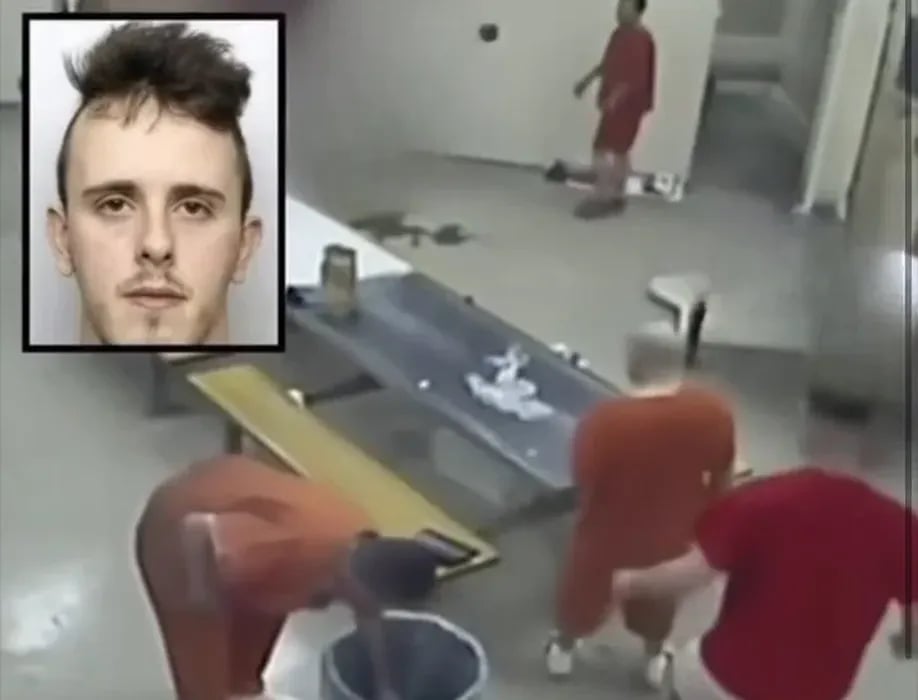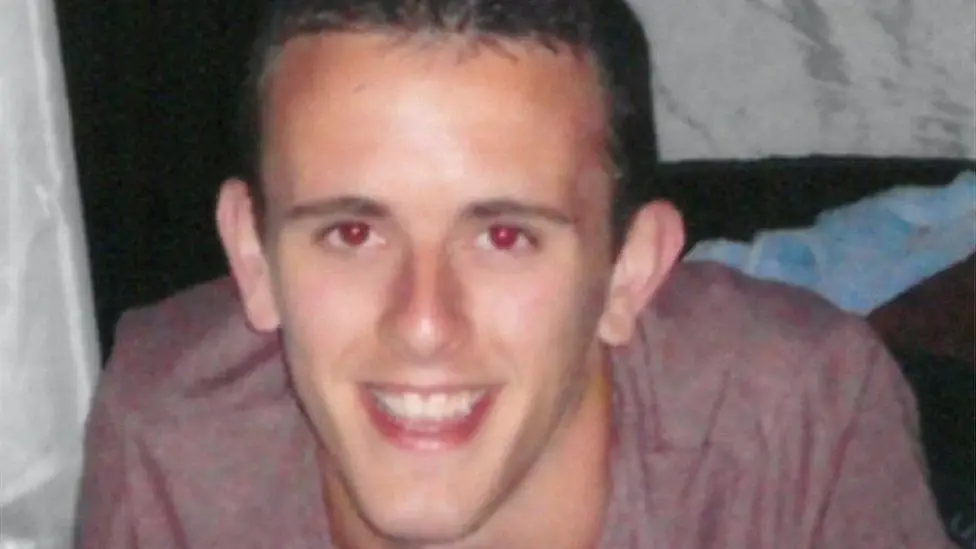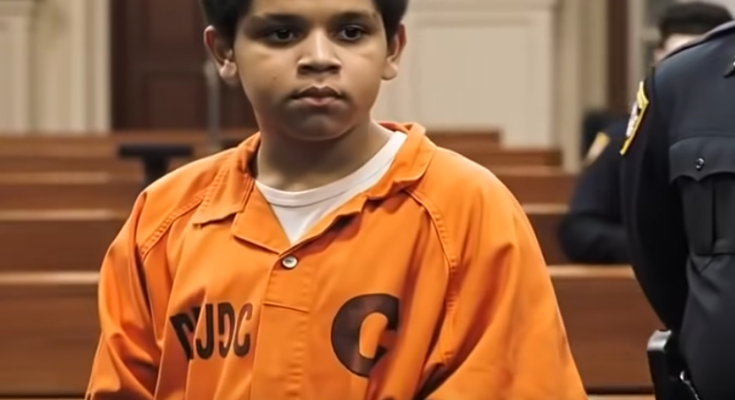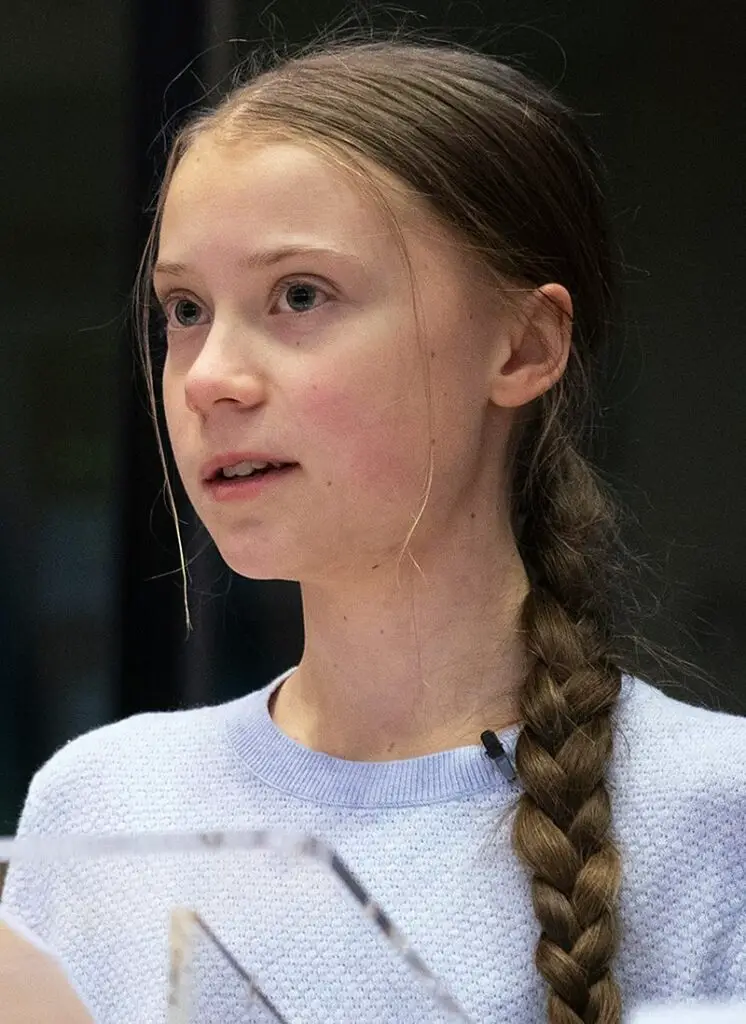In the United States, at least 79 minors under the age of 14 are serving life sentences without the possibility of parole—a harsh reality that has sparked national and international outrage. Human rights groups like Human Rights Watch and the Equal Justice Initiative argue that such sentences violate basic principles of justice and children’s rights, especially since most of these children come from backgrounds marked by poverty, abuse, and systemic inequality.
One notable case is that of Lionel Tate, sentenced at age 12 for the death of a younger child during play. Though his sentence was eventually reduced, it ignited fierce debate about trying minors as adults.
Experts argue that children are not yet fully developed emotionally or morally, and deserve the chance to grow, change, and be rehabilitated. Despite landmark U.S. Supreme Court rulings in 2012 and 2016 outlawing mandatory life sentences for juveniles and requiring retroactive application, many cases remain unreviewed.
While some states continue to impose harsh penalties, advocates push for alternatives like restorative justice and pe
The Case That Stirred Wakefield: Loss, Accountability, and Lessons Learned

Beneath the Quiet Streets of Wakefield: The Tragedy Behind Liam Deane’s Story
In a quiet corner of Wakefield, whispers stirred—questions about Liam Deane that no one had dared voice before. Known as an unremarkable young man to neighbors, Liam’s life appeared ordinary, his presence blending into the fabric of everyday town life. But beneath the surface, a silent storm was brewing—one that would shatter the calm and reveal a deeper, heartbreaking truth.

At twenty-two, Liam’s days were filled with familiar rhythms: family dinners, casual chats with friends, and the simple hopes of youth. That was until the brief, tragic life of his newborn daughter Luna cast a long shadow over his existence. Luna lived for only two days, and her death ignited a court case that rippled far beyond the boundaries of Wakefield, exposing the hidden struggles faced by young parents under immense emotional strain.
The Courtroom’s Heavy Silence
The courtroom was a crucible of grief and accountability, where raw human vulnerability and the heavy mantle of parenthood collided. Judges, lawyers, journalists, and onlookers listened as the painful details surrounding Luna’s life and death unfolded. The stories told were haunting—echoes of sorrow that left many stunned.

But the case was more than a legal proceeding. It was a mirror held up to society, reflecting the ways in which cries for help can go unheard. Those who once viewed Liam as just another young man were forced to grapple with the uncomfortable truth: sometimes tragedy hides behind familiar faces and quiet streets.
Lessons From Loss
Liam and Luna’s story is a sobering reminder that beneath everyday normalcy lie struggles often invisible to those around us. It challenges communities to look beyond surface appearances, to recognize mental health challenges, and to support parents navigating overwhelming pressures before it’s too late.
Though justice was sought in the courtroom, the deeper call is for society to listen more carefully—to the silent battles, the unspoken fears, and the warning signs that too often go ignored until tragedy strikes. Wakefield’s quiet neighborhood now carries the weight of this loss, a lasting testament to the need for awareness, compassion, and proactive care. It is a call to action: to foster a world where no child’s life is cut short unnoticed, and no parent’s pain is left unacknowledged.
Please SHARE this article with your family and friends on Facebook.
Bored Daddy
Love and Peace





